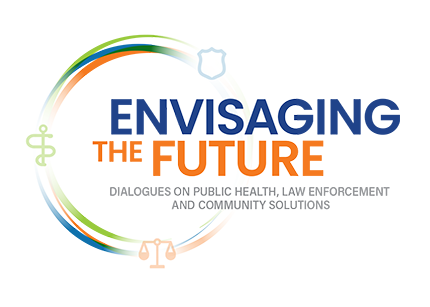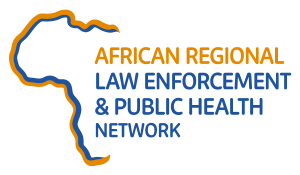
Introduction to this article:
The recent announcement that the Senate had failed to craft a bipartisan police reform bill is disappointing, but unfortunately, not surprising.
The murder of George Floyd and the killing of Breonna Taylor at the hands of those charged with protecting them invigorated a nationwide call for reform. But for the past several months, advocates have watched as this historic consensus for congressional action has fallen apart. Much-needed and widely supported policies were unable to bridge the partisan divide as protests declined, Congressional priorities shifted, and “tough-on-crime” rhetoric escalated in response to public marches. Yet again, opponents to officer accountability were able to frame the debate as a false choice between supporting law enforcement and reforming police.
But even as the Senate fails to pass a bill at the federal level, we are still seeing bipartisan momentum for policing reform in the state and local governments that directly govern our nation’s decentralized 18,000 police agencies. Earlier this year, Illinois, Washington and Maryland, for instance, passed significant policing reform bills. More recently, a bipartisan effort in North Carolina led to meaningful legislation that was signed by Governor Cooper. Other policymakers across the country are working on their own efforts.
With support from Arnold Ventures, the National Conference of State Legislatures has created a state-by-state database to track this sort of law enforcement legislation, including policing bills and executive orders. Nearly 2,400 such bills are documented in the database for this year alone. The bills touch on issues related to officer certification and decertification, data and transparency, investigations and discipline, oversight, and use of force, among other areas. This abundance of legislation demonstrates the continued vitality, urgency, and relevancy of police reform at the state level — and the many opportunities that exist to enact meaningful change.






